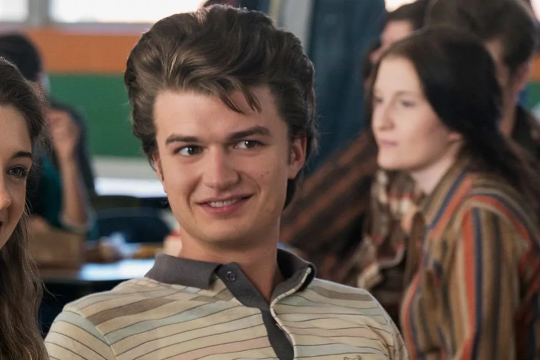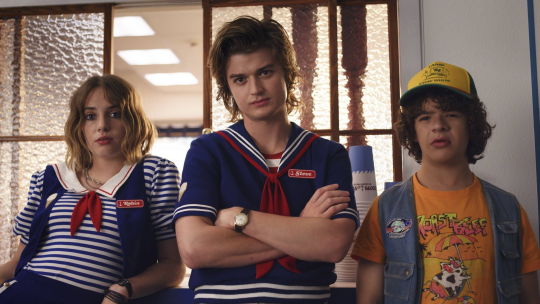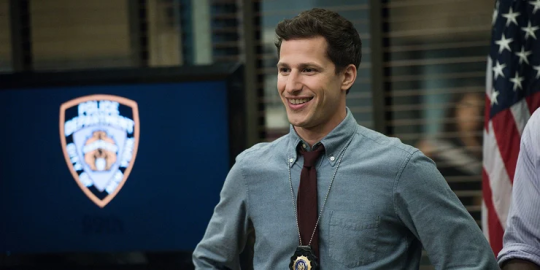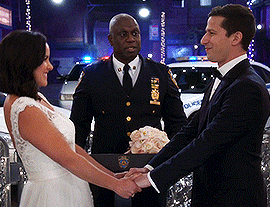
Chris is positive, active and funny. He is always able to see the best of a situation and will find the silver lining of any problem. In his job he wants to avoid the negative feelings of being a boss and will often ask Ben to do the hard work of firing people or sorting through a problem. When he has to deliver bad news he finds it difficult, which can be seen when he breaks up with Ann in a vague way that she is unsure of what has actually happened.
Chris is concerned with enjoying every moment and only wants to express his positive emotions. He is worried about feeling good and is very disciplined when it comes to his health. This can be seen with his excessive desire to exercise, eat healthily and have positive thinking. Chris is also very committed to his job and strives to follow the rules and expects others to do the same.
At his best, Chris become more focussed and committed. He gradually shows that he is able to confront things that are unpleasant like his romantic breakups. At his worst, Chris can be blinded by his optimism and will not address his actual thoughts and feelings. He can become more flighty, scattered and defensive when asked about his actions and thoughts.
Chris has a tendency of jumping from one thing to another. He wants to be able to do it all and this means he will lose focus as he is afraid of missing out on anything. It also means he is excited to try new things and seeks adventures for excitement and stimulation.
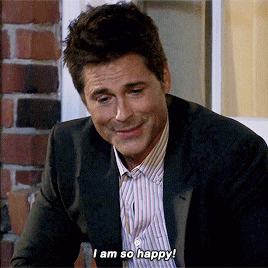
In his relationships with Ann, Chris is caring, supportive and helpful. Chris always tries to have a positive spin on any issue and begins to learn that Ann sometimes needs to vent when she is overwhelmed. This is a good area of growth as it allows Chris to understand that unpleasant emotions are needed.
Chris has a wing 6 as he is more concerned with how others perceive him and wants to be seen as fun-loving and friendly. He is also less conflict driven, neurotic and very loyal to his friends and partners.
Tritype: 7w6-9w1-2w3
Some quotes to describe Chris’ motivation:
“If I keep my body moving, and my mind occupied at all times, I will avoid falling into a bottomless pit of despair.”
“I Am 100% Certain That I Am 0% Sure Of What I’m Going To Do.”
“How We Deal With Tragedy Defines Who We Are.”
“There Is Literally Nothing In This World That You Cannot Do.”
"I take care of my body above all else; diet, exercise, supplements, positive thinking. Scientists believe that the first human being who will live a hundred and fifty years has already been born. I believe I am that human being.”
It’s nature’s candy! Now, they’re basically grapes, so remember to pace yourself. [eats them all] I can’t even follow my own advice. So delicious!
"If I had to have anybody tell me that I have cancer, I would want it to be me.”
Ben: “Hypothetical crisis: Leslie just tried to answer a question, but audibly farted and then threw up. Spin.”
Chris: “Leslie Knope is literally overflowing with ideas for this town. And speaking about methane, have you heard about her plan to limit greenhouse gas emissions?”
